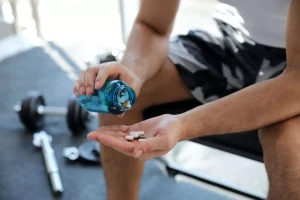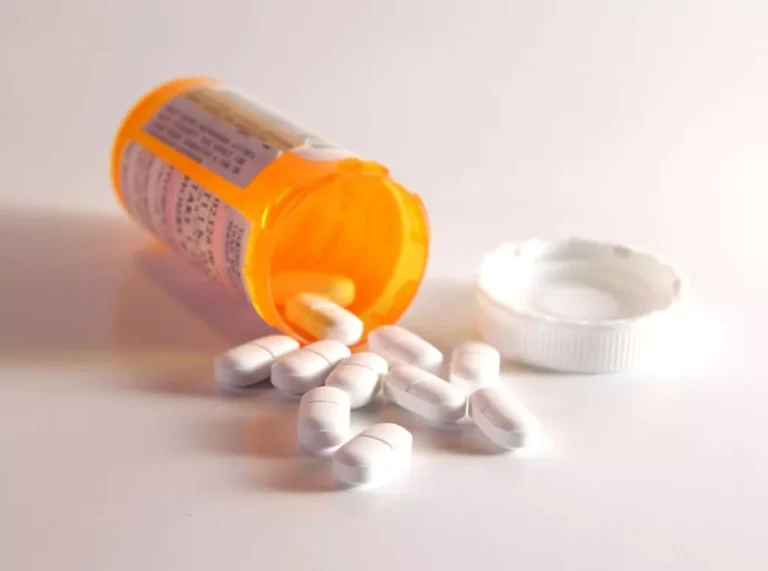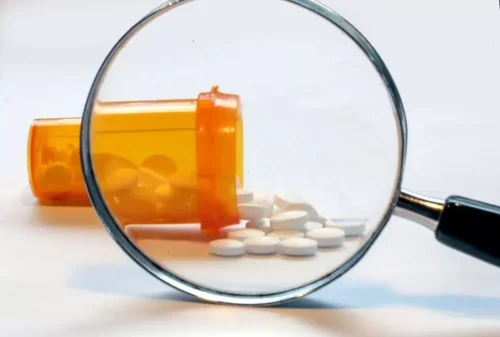Sober living
How to Detox From Alcohol With Food
These complications are reasons why it’s important to treat alcohol addiction early. Nearly all risks involved with alcohol addiction may be avoidable or treatable, with successful long-term recovery. As an addiction tends to get worse over time, it’s important to look for early warning signs. If identified and treated early, someone with an alcohol addiction may be able to avoid major consequences of the disease. Protein-rich foods such as lean meats, fish, eggs, yogurt, and tofu can help support the healthy function of various organs, including the liver, kidney, pancreas, and heart.
Best Foods to Eat in Recovery from Alcohol
A steady intake of protein helps to stabilize blood sugar levels, which can be erratic after prolonged alcohol use. Stable blood sugar levels are crucial for managing cravings and maintaining energy levels. Counseling and therapy are key components of addiction treatment programs.
Drug Abuse and Addiction
The mental health problems that most commonly co-occur with substance abuse are depression, bipolar disorder, and anxiety disorders. For example, not everybody requires medically supervised detox or an extended stint in rehab. Whether you have a problem with illegal or prescription drugs, addiction treatment should be customized to your unique situation. It’s also important to find a program that feels right for you. Read Choosing Drug Rehab and Addiction Treatment to learn more. Medication may be used to manage withdrawal symptoms, prevent relapse, or treat any co-occurring mental health condition such as depression or anxiety.
Understanding drug abuse and addiction
Eating balanced meals may make these symptoms less severe (however, eating can be difficult, due to nausea). A high-fiber diet with plenty of complex carbohydrates (such as whole grains, vegetables, peas, and beans) is recommended. They provide substances to build and maintain healthy organs and fight off infection. The development of a nutritional plan for those in recovery involves planning out meals and determining an appropriate meal schedule that meshes with other activities in the treatment plan.
Some diseases even contribute to poor nutrition or malnourishment. All Addiction Resource content is medically reviewed or fact checked to ensure as much factual accuracy as possible. “Detoxification and Substance Abuse Treat[…]improvement protocol.” 2015. All of these symptoms can worsen if you are not getting enough water. Water is important for hydration, and you can easily lose too much water through vomiting and diarrhea.
How Alcohol Affects Your Nutrition
- When you detox from drugs, your body and mind go through some drastic changes.
- The liver’s remarkable ability to regenerate is significantly influenced by nutrition, especially in the context of recovery from alcohol-induced damage.
- These free programs, facilitated by peers, use group support and a set of guided principles—the twelve steps—to obtain and maintain sobriety.
- High-iron foods include shellfish, spinach, organ meat (like liver), legumes, pumpkin seeds, quinoa, turkey, broccoli, tofu, and red meat.
Highly processed foods like packaged snacks, sugary cereals, hot dogs, frozen meals and baked goods provide very little nutrition. They are often filled with inflammatory saturated fats, sugar and chemicals that the liver must filter out. Eating clean, nutrient-dense foods helps replenish nutrient stores, prevent extra work for the liver and calm inflammation to promote faster healing.
- Micronutrients are just as important, but you don’t need to consume as much of them to stay healthy.
- Too little could eventually cause serious learning and memory problems, a condition called Wernicke-Korsakoff’s syndrome.
- Some people in recovery might find the idea of healthy food and drink unappealing as they have previously focused on calorically dense and convenient foods.
- If you or someone you love is working through addiction, FHE can help, from detox to alumni programming.
Choosing an Alcohol Rehab Treatment Program
Recovery from substance use also affects the body in different ways, including metabolism (processing energy), organ function, and mental well-being. Your body is able to synthesize some of the amino acids on its own, but there are several you can only absorb from food. The body needs best foods for alcohol recovery varied sources of protein for optimal function. DUI penalties often include substantial fines, and your driver’s license can be suspended or revoked. Depending on the severity and if there are aggravating factors (like repeat offenses or causing an accident), you might face jail time.
- Fish like salmon and tuna have a special type of omega-3 fat called DHA, which plays a major role in brain function.
- It’s important to have sober friends who will support your recovery.
- However, over time, increased doses are needed to achieve the same level of pain relief and some users can become physically dependent, experiencing withdrawal symptoms if they try to quit.
- Your doctor or treatment provider may also be able to refer you to a group for people with co-occurring disorders.
- It’s important to note that it’s best to avoid excessively sweet drinks like soda, teas, or juices sweetened with added sugars.
Alcohol detoxification can be safely completed in inpatient and outpatient settings. In outpatient detox, patients typically visit a treatment facility daily for sessions. Treatment may last 3 to 14 days, with the average outpatient program taking 6.5 days. In inpatient detox, patients reside in a hospital or facility for 5 to 14 days, with an average length of 9 days. A particular note is that even participants who didn’t complete the no-drinking for 30 days still experienced changes in their long-term alcohol consumption.
Tips for 30-Day Alcohol Detox
What is much less publicized for those in recovery is the need for nutrition and the development of a healthy eating regimen – an often overlooked, yet crucial step in the process. Laboratory tests for protein, iron, and electrolytes may be needed to determine if there is liver disease in addition to the alcohol problem. Women who drink heavily are at high risk of osteoporosis and may need to take calcium supplements.






